Major Advertisers Deny Musk's Boycott Accusations
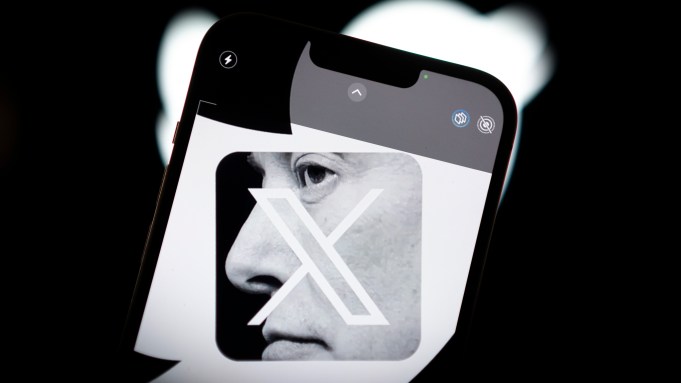
Table of Contents
Statements from Key Advertisers Dismissing Boycott Claims
Contrary to widespread speculation, many major advertisers have explicitly denied participating in any organized boycott of Twitter advertising. Their public statements directly contradict the narrative of a mass advertiser exodus, highlighting the importance of verifying information before drawing conclusions. These denials underscore the need for a nuanced understanding of the situation, moving beyond sensationalized headlines to the facts. Key terms like "advertiser statement," "Twitter ad spend," "public denial," and "brand safety" are crucial in accurately representing this situation.
- Advertiser A (Example: Coca-Cola): While Coca-Cola hasn't issued a formal public statement explicitly denying a boycott, their continued presence and advertising activity on the platform strongly suggests they are not participating in any organized withdrawal of ad spend. [Insert link to Coca-Cola's Twitter advertising if available].
- Advertiser B (Example: Procter & Gamble): Procter & Gamble, a significant player in digital advertising, has reportedly affirmed its continued commitment to Twitter advertising, adjusting its strategy as needed but not withdrawing entirely. [Insert link to relevant news article or P&G statement if available].
- Advertiser C (Example: General Motors): General Motors has launched new advertising campaigns on Twitter in recent weeks, demonstrating a continued investment in the platform despite the ongoing controversies. [Insert link to GM's new ad campaign on Twitter if available].
Analyzing Twitter's Ad Revenue and User Engagement
To further counter the narrative of a devastating advertiser exodus, let's examine Twitter's recent performance data. While complete financial details may not be publicly accessible immediately, available information suggests that the impact of any potential boycott has been significantly less severe than initially reported. Analyzing metrics related to "Twitter ad revenue," "user engagement," "daily active users," and "advertising performance" provides a clearer picture.
- Recent ad revenue figures: While precise figures are often kept confidential, some analysts have suggested that while Twitter's ad revenue might have seen some decline, it’s not indicative of a catastrophic collapse as initially predicted by some news outlets.
- Changes in daily or monthly active users: Reports on daily or monthly active users on Twitter would offer insights into the platform's overall health and its potential to attract advertisers. While significant fluctuations may occur, the impact of the alleged boycott on these figures requires careful analysis to avoid misinterpretations.
- Analysis of any trends suggesting continued advertiser interest: Observing the number of new advertising campaigns launched on Twitter, the continued use of the platform by major brands for promotional purposes, and other engagement metrics can provide evidence countering the narrative of a complete advertiser exodus.
The Role of Misinformation and Media Hype
The perception of a widespread Twitter ad boycott has, in part, been fueled by exaggerated reporting and the spread of misinformation. The rapid amplification of initial concerns on social media created a self-fulfilling prophecy, with some advertisers potentially reacting to the perceived negative sentiment rather than concrete evidence of a mass exodus. Keywords like "media coverage," "misinformation," "social media narrative," and "public perception" are central in understanding this dynamic.
- Examples of potentially misleading headlines or news stories: Highlight specific examples of news articles that may have overstated the extent of the advertiser pullback.
- Analysis of the impact of social media amplification on the narrative: Discuss how social media algorithms and trends contributed to spreading and exaggerating the narrative of the boycott.
- Discussion of the role of fact-checking in addressing misinformation: Emphasize the need for critical evaluation of news sources and the importance of reliable fact-checking websites in combating misinformation.
Musk's Response and Counter-Arguments
Elon Musk has responded to boycott accusations, often through his Twitter account. His statements and counter-arguments reflect a strategy to manage the narrative and potentially attract advertisers back to the platform. Analyzing his communication strategy in relation to "Elon Musk statement," "Twitter policy," "content moderation," and "free speech" provides valuable insights.
- Direct quotes from Musk's public statements or tweets: Include direct quotes from Musk's relevant tweets and public statements to illustrate his position.
- Analysis of Musk's communication strategy: Evaluate Musk's methods for addressing concerns and engaging with critics and advertisers.
- Discussion of the impact of his statements on advertisers: Assess how Musk's responses have affected advertiser confidence and their willingness to engage with the platform.
Conclusion: Separating Fact from Fiction Regarding the Twitter Ad Boycott
In conclusion, the evidence suggests that claims of a widespread Twitter ad boycott are largely exaggerated. Major advertisers have largely denied participating in any organized campaign to withdraw their advertising spending. While some advertisers may have adjusted their strategies, the data on ad revenue and user engagement doesn’t support the narrative of a mass exodus. The role of misinformation and media hype in shaping public perception cannot be ignored. To stay informed, rely on reliable sources and fact-based reporting to obtain accurate information on Twitter advertising. Don’t let unsubstantiated claims about a Twitter ad boycott cloud your judgment. Seek out reliable sources and make informed decisions about your social media marketing strategy.

Featured Posts
-
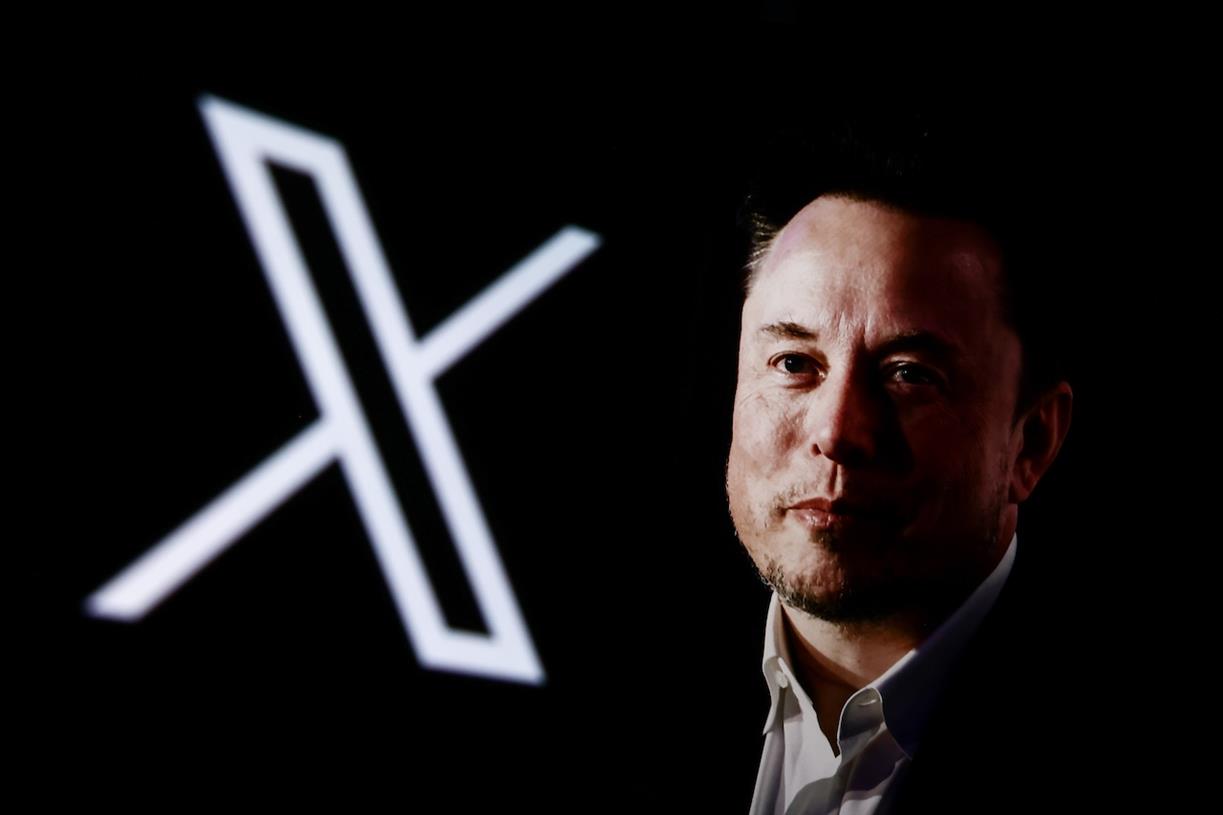 Nestle And Shell Rebuff Musks Boycott Claims Advertisers Respond
May 17, 2025
Nestle And Shell Rebuff Musks Boycott Claims Advertisers Respond
May 17, 2025 -
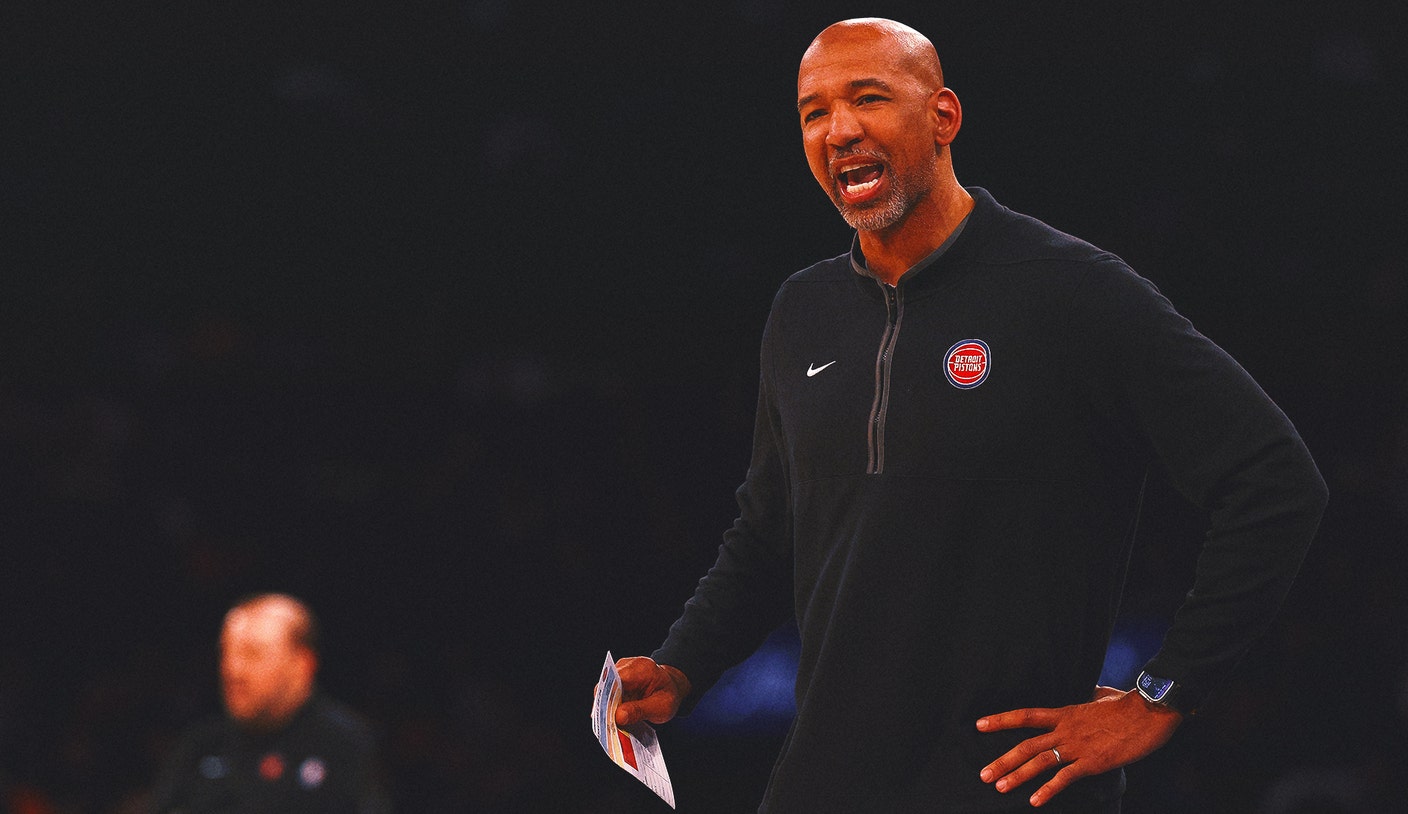 Missed Call Controversy Officials React To Knicks Pistons Game Outcome
May 17, 2025
Missed Call Controversy Officials React To Knicks Pistons Game Outcome
May 17, 2025 -
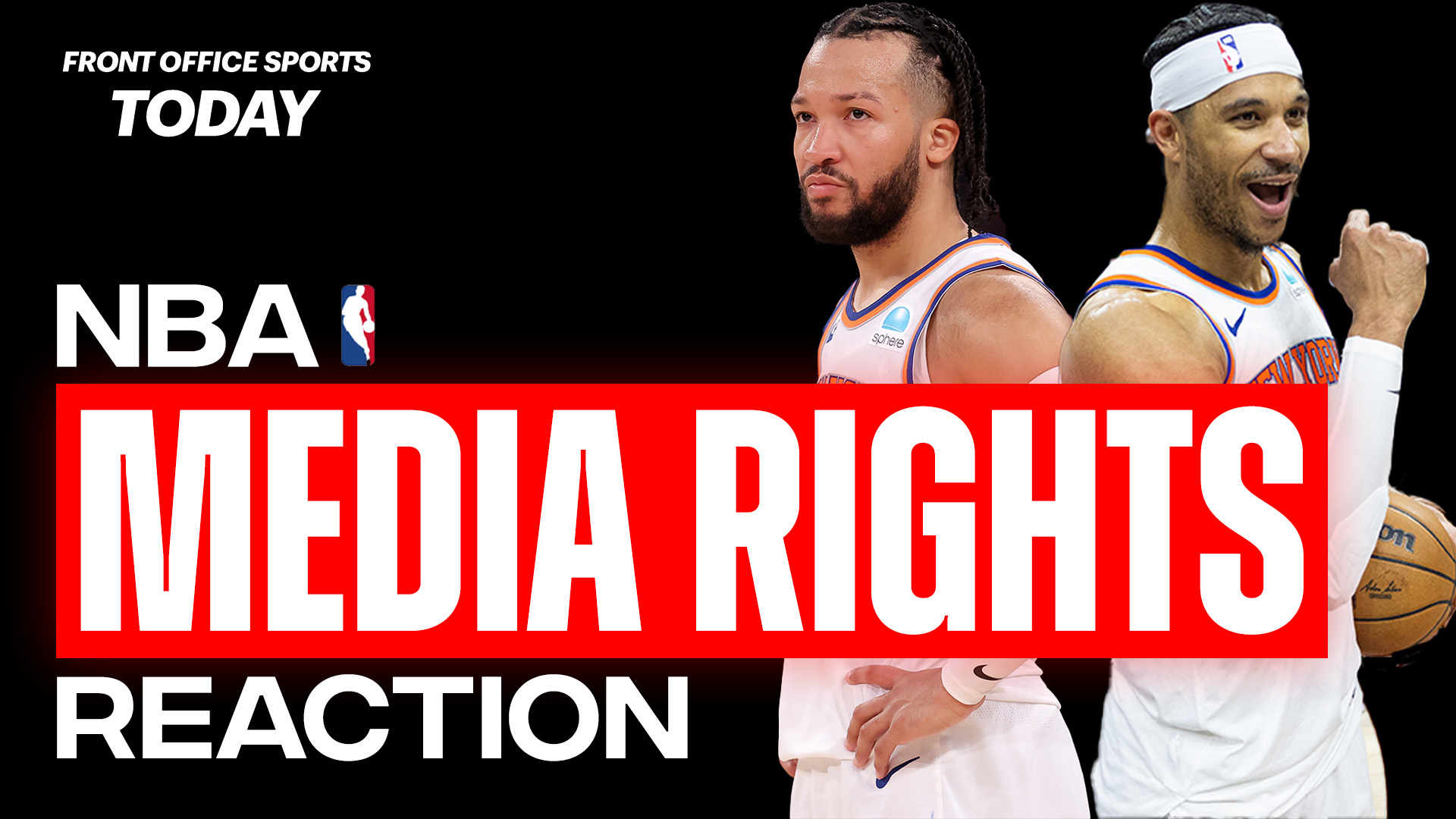 Nba Analyst Perkins Criticizes Jalen Brunsons Podcast
May 17, 2025
Nba Analyst Perkins Criticizes Jalen Brunsons Podcast
May 17, 2025 -
 The Countrys Hottest New Business Locations A Complete Map
May 17, 2025
The Countrys Hottest New Business Locations A Complete Map
May 17, 2025 -
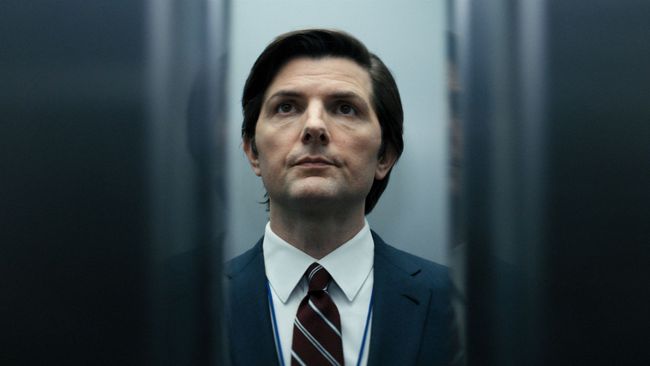 Severance Season 3 Will It Happen A Look At The Future Of Lumon
May 17, 2025
Severance Season 3 Will It Happen A Look At The Future Of Lumon
May 17, 2025
Latest Posts
-
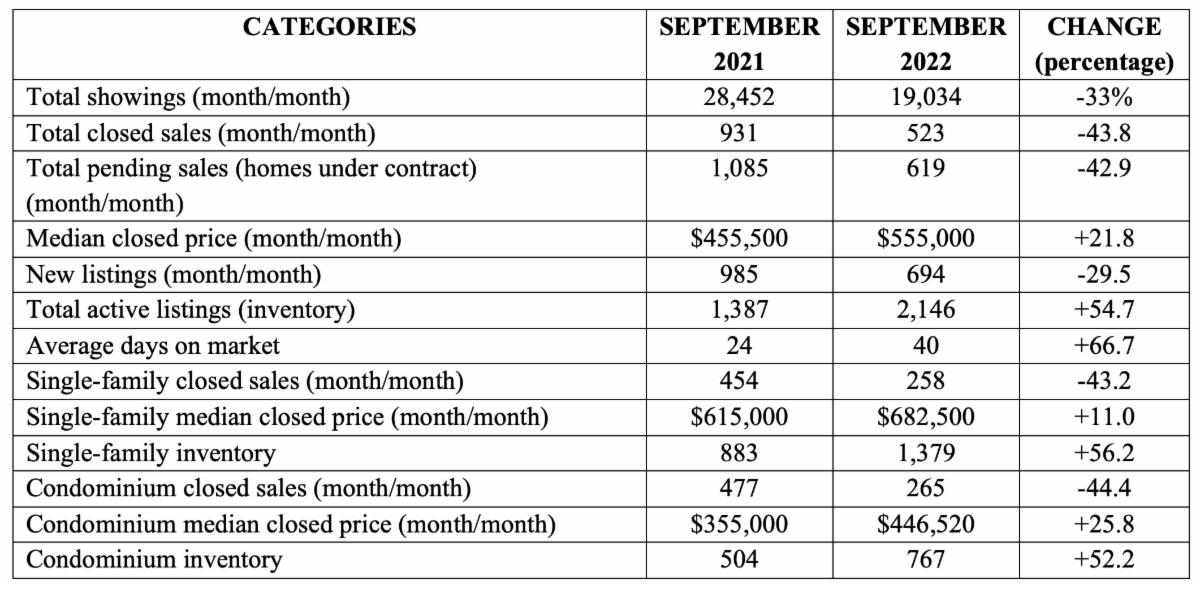 Angi Borg Warner And Other Top Performers Wednesdays Market Report
May 17, 2025
Angi Borg Warner And Other Top Performers Wednesdays Market Report
May 17, 2025 -
 Wednesdays Market Winners A Deep Dive Into Stock Performance
May 17, 2025
Wednesdays Market Winners A Deep Dive Into Stock Performance
May 17, 2025 -
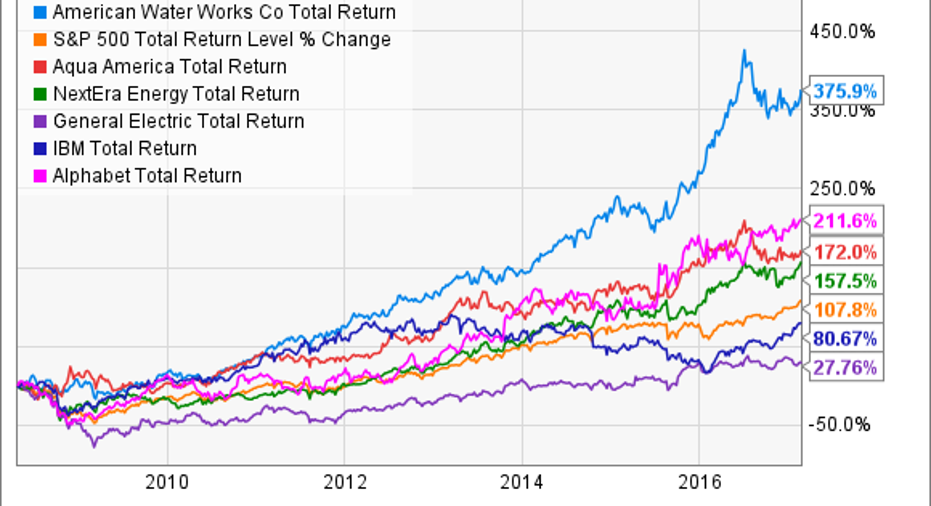 Stock Market Winners Rockwell Automation Oscar Health And More
May 17, 2025
Stock Market Winners Rockwell Automation Oscar Health And More
May 17, 2025 -
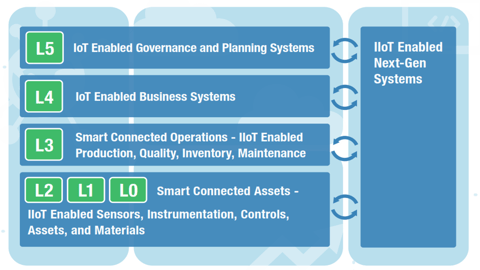 Rockwell Automation Beats Expectations Analyzing The Positive Earnings Report
May 17, 2025
Rockwell Automation Beats Expectations Analyzing The Positive Earnings Report
May 17, 2025 -
 Market Movers Rockwell Automation Disney And Others Post Significant Gains
May 17, 2025
Market Movers Rockwell Automation Disney And Others Post Significant Gains
May 17, 2025
